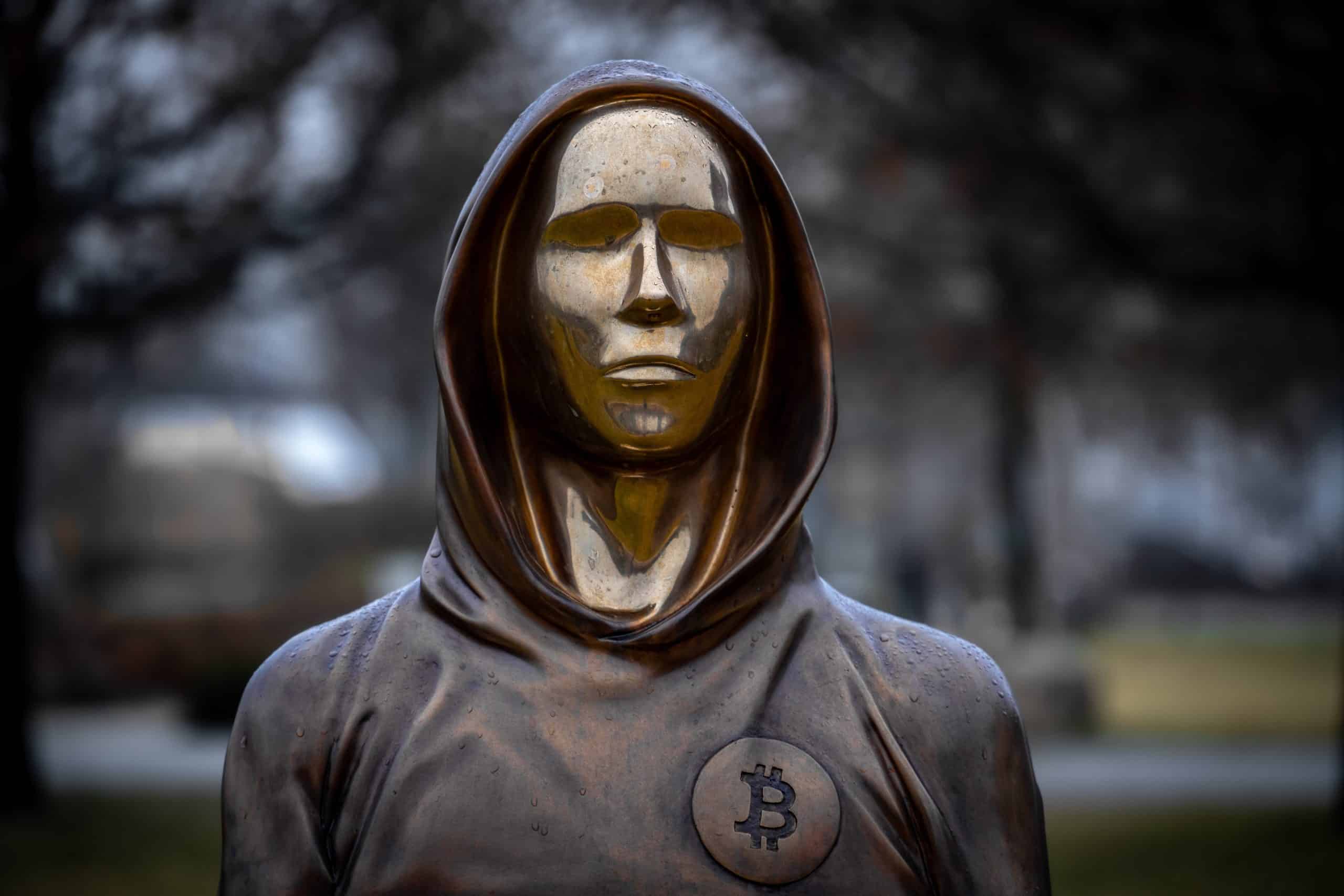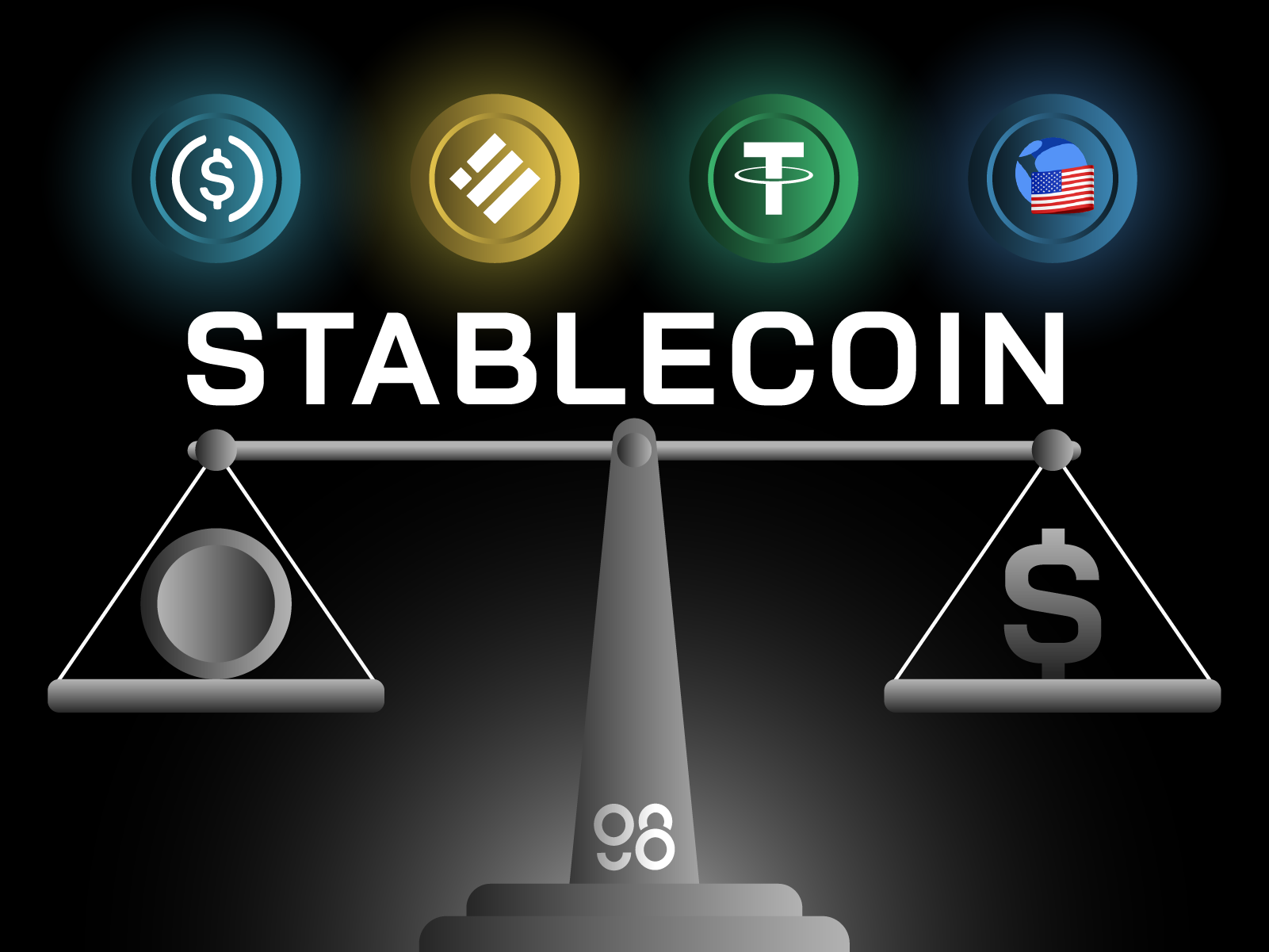Elon Musk's company has proposed a $97.4 billion offer to acquire OpenAI, as reported by the Wall Street Journal.
Elon Musk and a group of investors have made a $97.4 billion bid to acquire OpenAI, aiming to revert the organization to its nonprofit roots. The bid escalates a long-running dispute between Musk and OpenAI over its direction and corporate structure.

A group of investors led by Elon Musk has proposed a $97.4 billion offer to acquire the nonprofit organization behind OpenAI, intensifying a dispute with the artificial intelligence company Musk helped establish a decade ago.
Musk, along with his AI startup xAI and a consortium of investment firms, aims to gain control of the ChatGPT creator and return it to its original mission as a nonprofit research lab, as stated by Musk’s attorney, Marc Toberoff.
OpenAI’s CEO Sam Altman swiftly rejected the unsolicited offer on Musk’s platform X, humorously responding, "no thank you, but we will buy Twitter for $9.74 billion if you want." Musk had purchased Twitter, now X, for $44 billion in 2022.
Musk and Altman, who co-founded OpenAI in 2015, have been engaged in an ongoing feud over the company's direction since Musk stepped down from its board in 2018. Musk, an early investor and former board member of OpenAI, filed a lawsuit against the organization last year in both California state and federal courts, accusing it of straying from its initial purpose as a nonprofit dedicated to advancing AI for the public good. Musk had invested around $45 million into OpenAI until 2018, according to Toberoff.
The unexpected success of ChatGPT in 2023 brought OpenAI worldwide attention and a new revenue stream, but it also intensified internal conflicts regarding the company’s future. In late 2023, OpenAI’s nonprofit board fired Altman, only for him to return with a new board shortly after.
OpenAI, now a rapidly growing business still controlled by a nonprofit board bound to its charitable mission, announced last year that it planned to alter its corporate structure. However, such changes are legally complicated. Tax laws mandate that donations to tax-exempt organizations must remain within the charitable sector.
If OpenAI transitions to a for-profit model, it would likely need to convert by paying fair market value for its assets to another charitable organization. Experts suggest that even if OpenAI’s nonprofit arm continues to exist, any assets transferred to its for-profit entities would need to be compensated at their fair market value.
Musk and OpenAI’s lawyers appeared in a California federal court last week, as a judge deliberated on Musk’s request for a court order to prevent OpenAI from shifting to a for-profit model. U.S. District Judge Yvonne Gonzalez Rogers has not ruled yet but expressed skepticism about Musk’s claim that he would suffer irreparable harm if the transition proceeds. However, she raised concerns about OpenAI's relationship with Microsoft and indicated that the case could go to trial next year for a jury’s decision.
Musk’s bid is supported by investment firms including Baron Capital Group, Valor Management, Atreides Management, Vy Fund, Emanuel Capital Management, and Eight Partners VC.
Toberoff stated that if Altman and OpenAI’s board are intent on becoming a fully for-profit entity, it is essential that the nonprofit be fairly compensated for the control over AI technology that would be lost. He also shared a letter sent to the attorneys general of California and Delaware in January, urging them to ensure any transaction involving OpenAI's charitable assets provides fair market value to protect public interests and calls for a competitive bidding process.
What's Your Reaction?

















